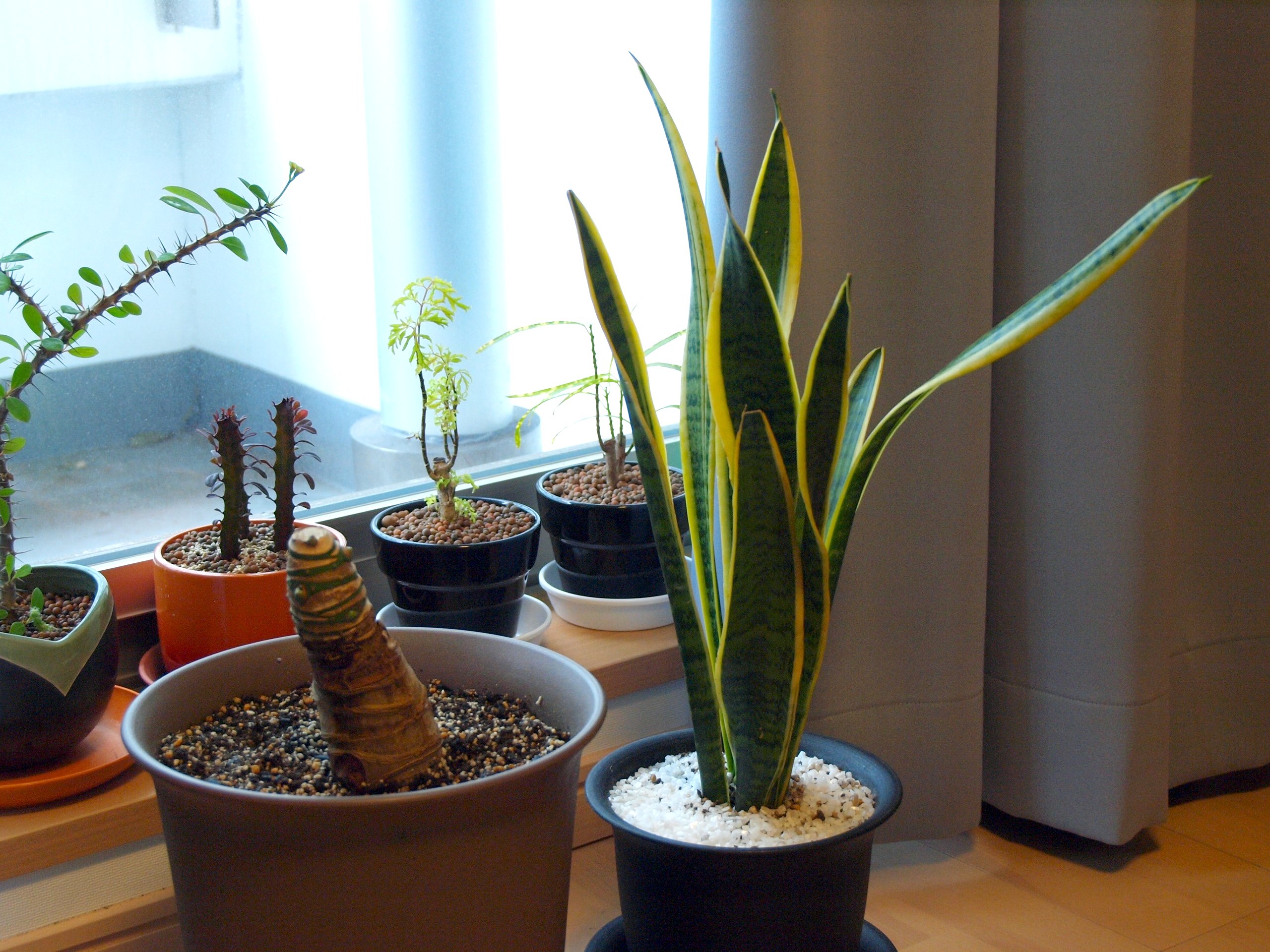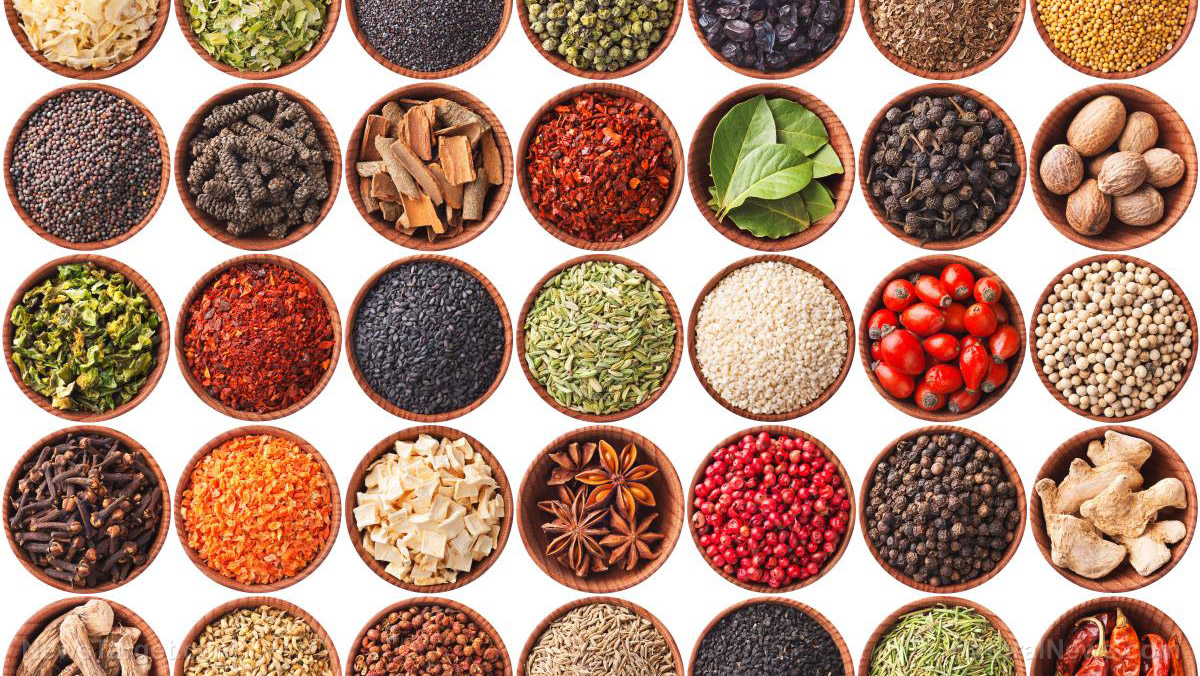Resveratrol treatments can slow lung disease, study shows
09/11/2018 / By Isabelle Z.

As you age, your lungs start to deteriorate naturally. The amount of time it takes for them to age to a point that significantly reduces your quality of life depends on various environmental and genetic factors, but once it happens, it is nearly impossible to reverse. It also brings with it a high rate of death and an increased risk of diseases like chronic obstructive pulmonary disease, emphysema, and chronic bronchitis.
A new study from the Saban Research Institute of Children’s Hospital Los Angeles has found that inhaling resveratrol can slow the age-related negative changes seen in mice lungs, and this could prove to be a useful treatment for humans in the future. Signs of aging lungs include decreased lung function and airspace enlargement.
Resveratrol is an antimicrobial chemical that is produced by plants to protect them from stress-related changes and infections. It can be found in red wine, grapes, and berries and has already been shown to carry a host of other benefits.
The researchers used a rapidly aging mouse model to investigate whether inhaling resveratrol could slow age-related lung changes. The goal of the research was to identify ways that people can protect and strengthen their lungs while they are young before any significant damage can set in.
At two months of age, the mice started receiving inhaled resveratrol treatments administered via the throat on a monthly basis over the course of three months. A month after the conclusion of the procedure, the mice’s lung structure, function, and cellular DNA damage were all analyzed.
They discovered that the inhaled treatment could indeed slow the rate at which lung function deteriorates, along with the alveolar enlargement and cell DNA damage that is typically seen in the earlier stages of lung aging. Therefore, they believe that delivering resveratrol directly to lungs could help as a lung aging intervention, reducing the risk of chronic lung disease.
Study author Dr. Barbara Driscoll said: “We believe that ours is the first study to demonstrate a beneficial effect of lung-directed resveratrol treatments on aging lung function.”
Their findings were published in the Thorax journal.
Flavonoids also slow aging-related lung function
Other research has shown that flavonoids found in fruits with a dark pigment such as blueberries and red grapes can slow age-related lung function. Researchers analyzed the data taken from 463 adults with an average age of 44 who took part in European Community Respiratory Health surveys in the years from 2002 to 2012. Participants answered dietary questionnaires and were given spirometry tests to measure FEV1, or the amount of air they can forcefully exhale in one second, and FVC, which is the amount of air they can exhale following a deep breath. The participants were placed into quartiles according to the amount of anthocyanins that they consumed. These flavonoids were studied because they appear to reduce inflammatory secretions and mucus.
They found that those who consumed the most anthocyanins had slower rates of annual decline in FEV1 and FVC. They also discovered that the association between consuming a high amount of anthocyanins and reduced lung function decline was stronger among those who had quit smoking or never smoked than those who were current smokers.
Studies like these illustrate the incredible power of food to enhance our health and protect us from disease. Time and time again, we are reminded just how much a proper diet full of nutritious foods can keep us healthy and boost our longevity.
Sources for this article include:
Tagged Under: aging lungs, anthocyanins, Blueberries, COPD, food is medicine, Herbs, longevity, lung function, natural cures, natural medicine, natural remedies, nutrients, nutrition, prevent disease, prevention, Red Grapes, red wine, resveratrol




















